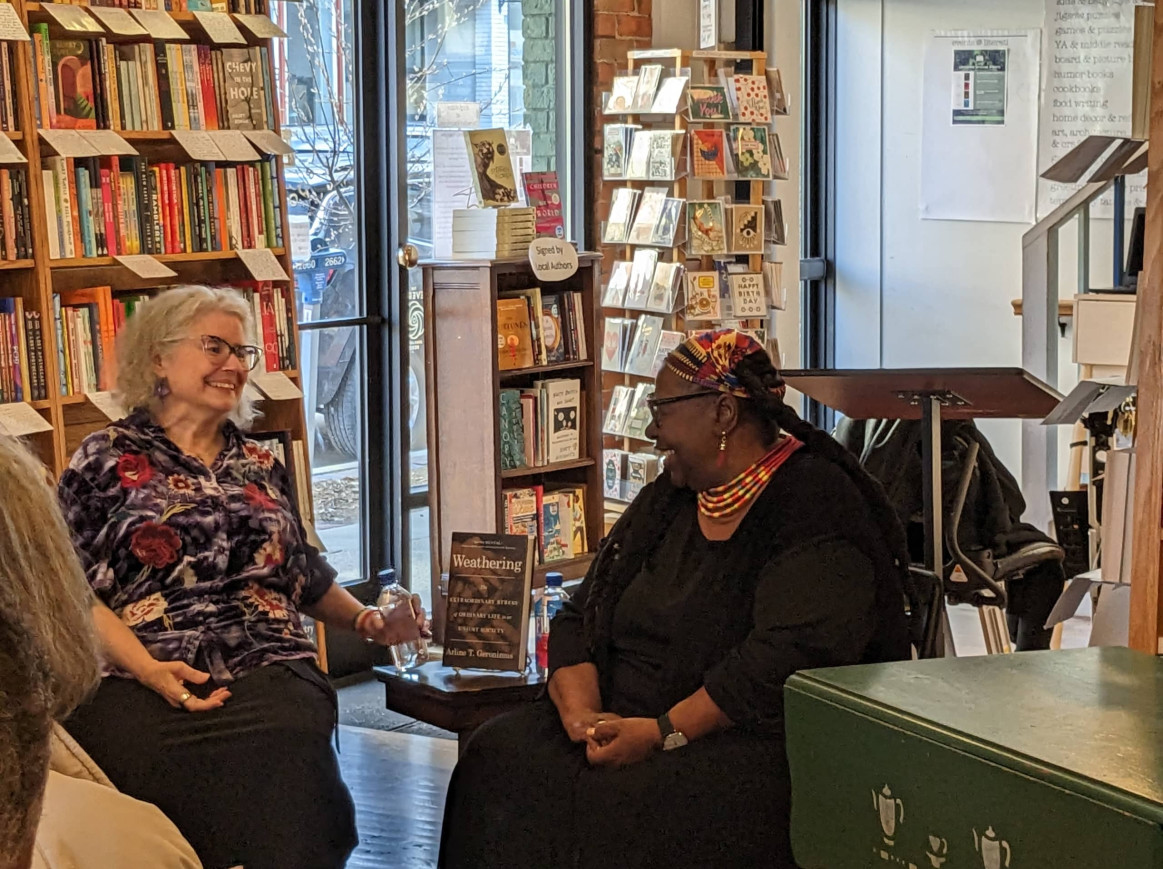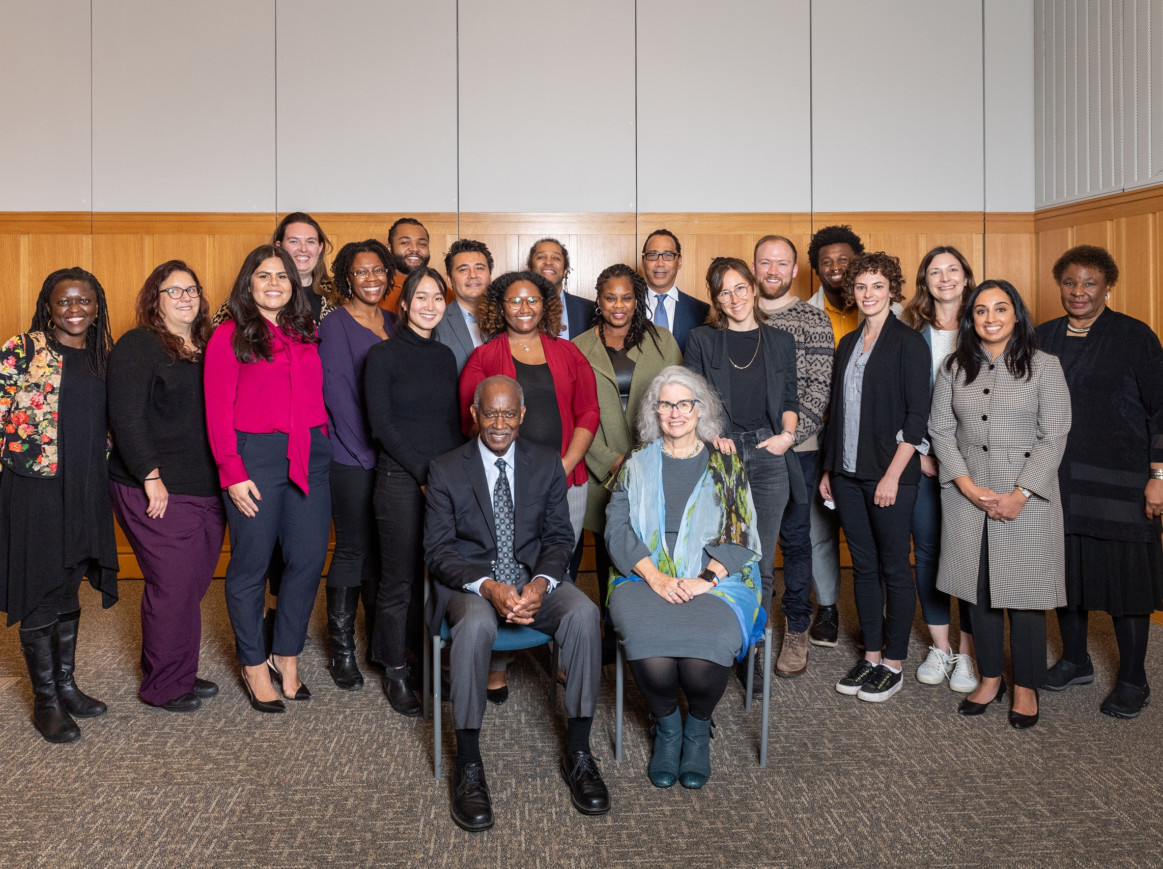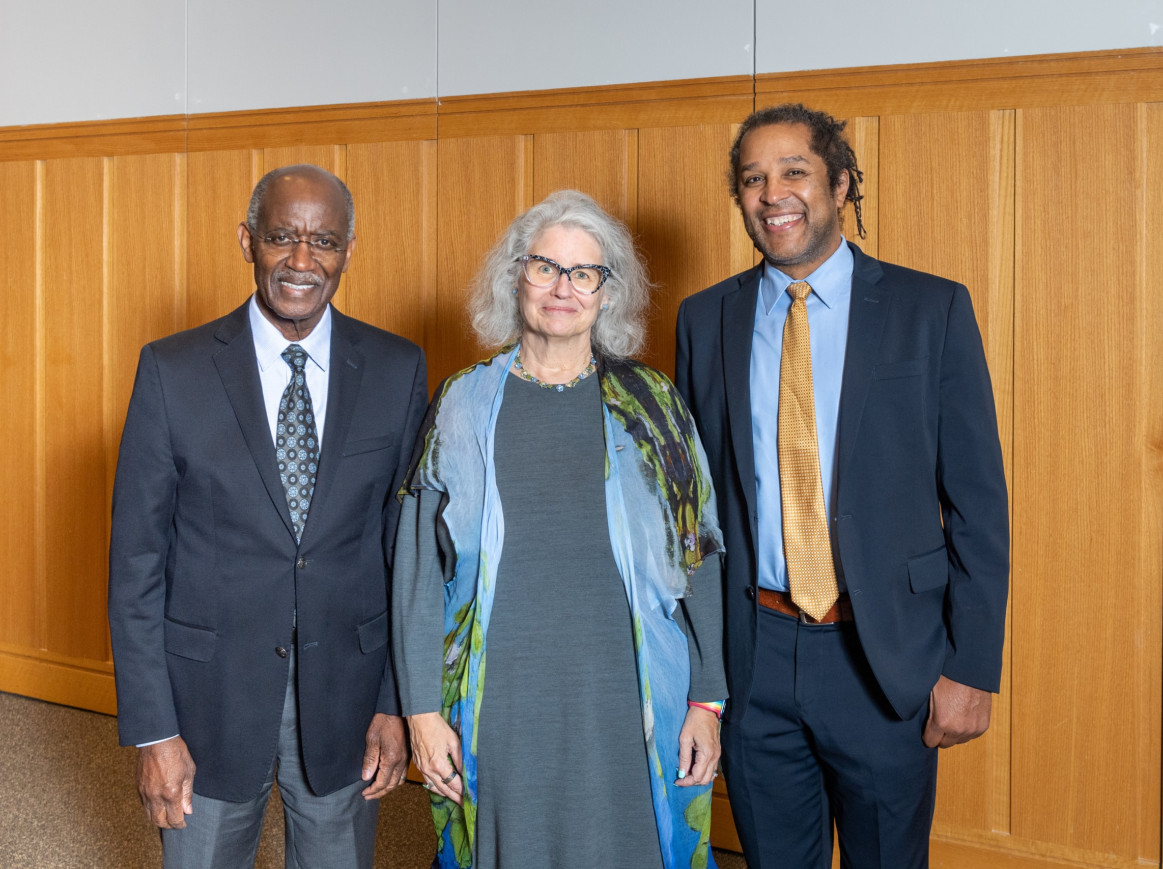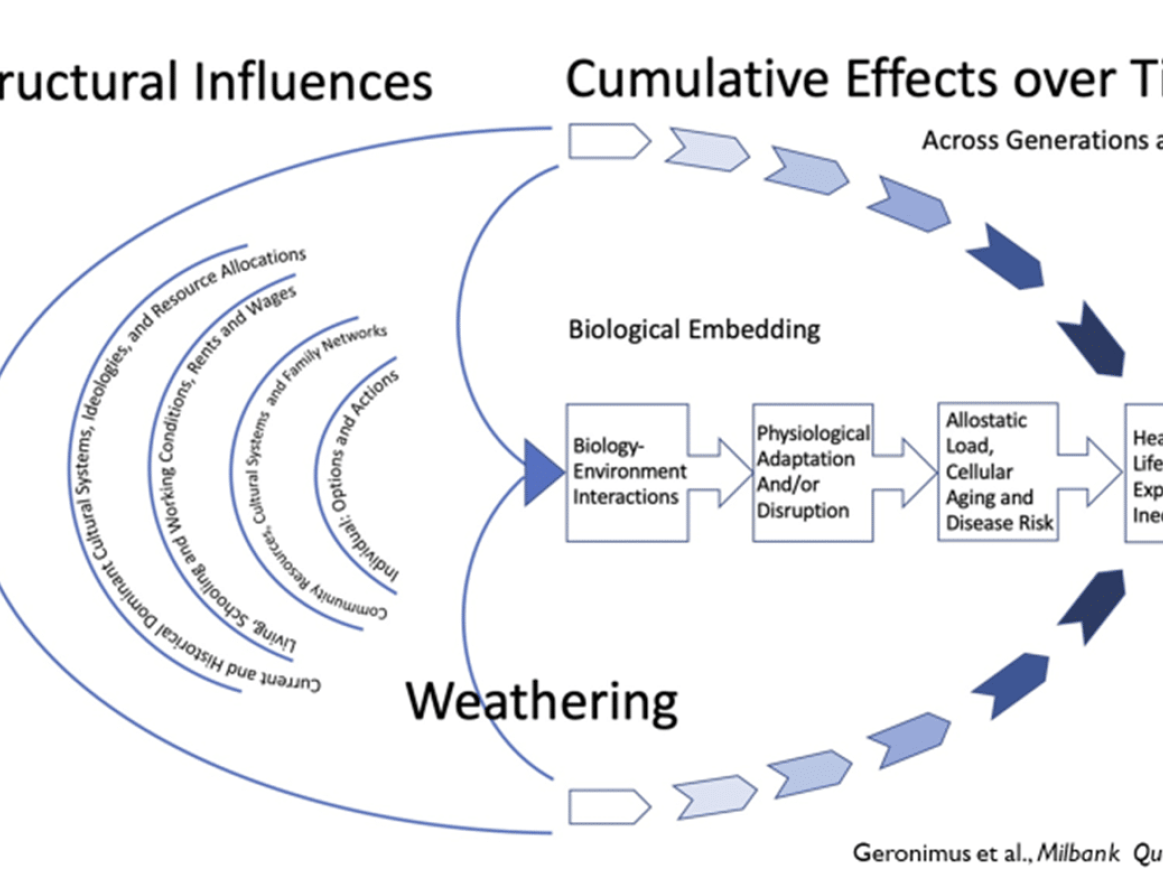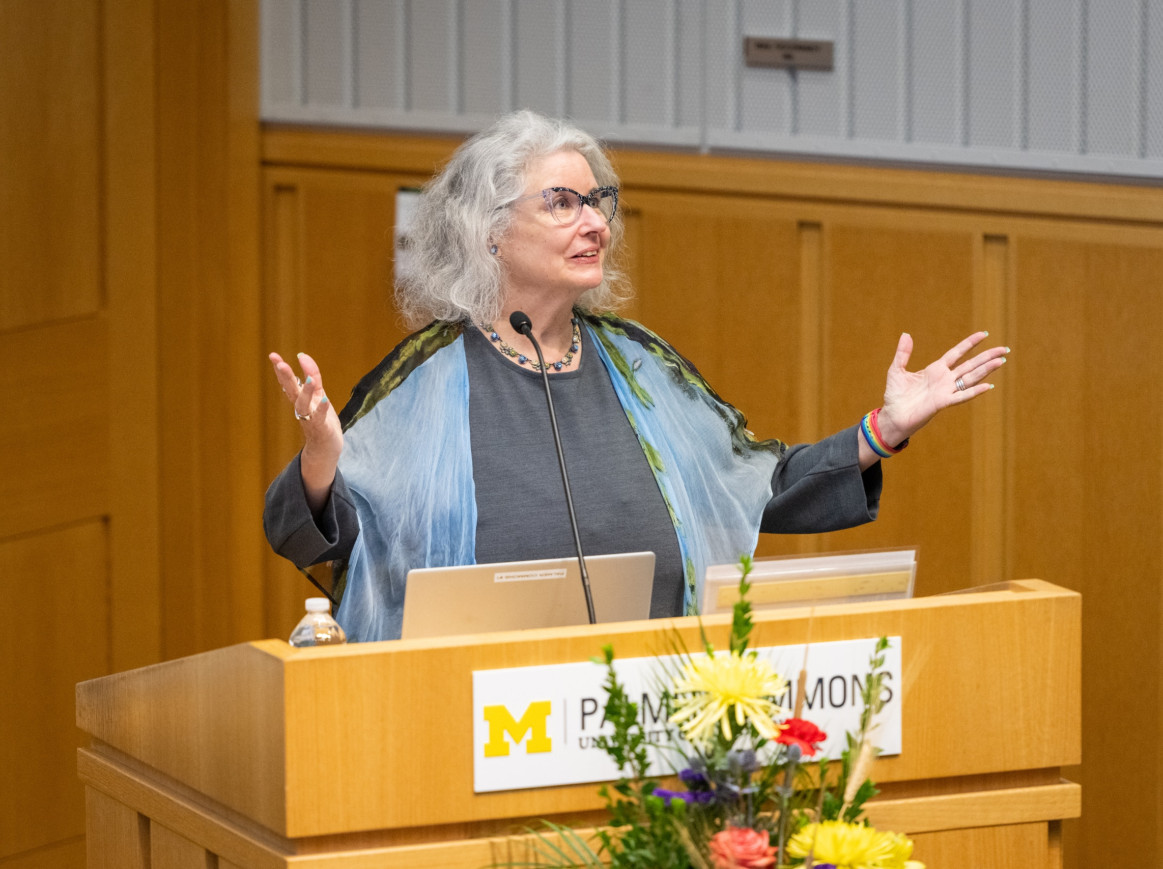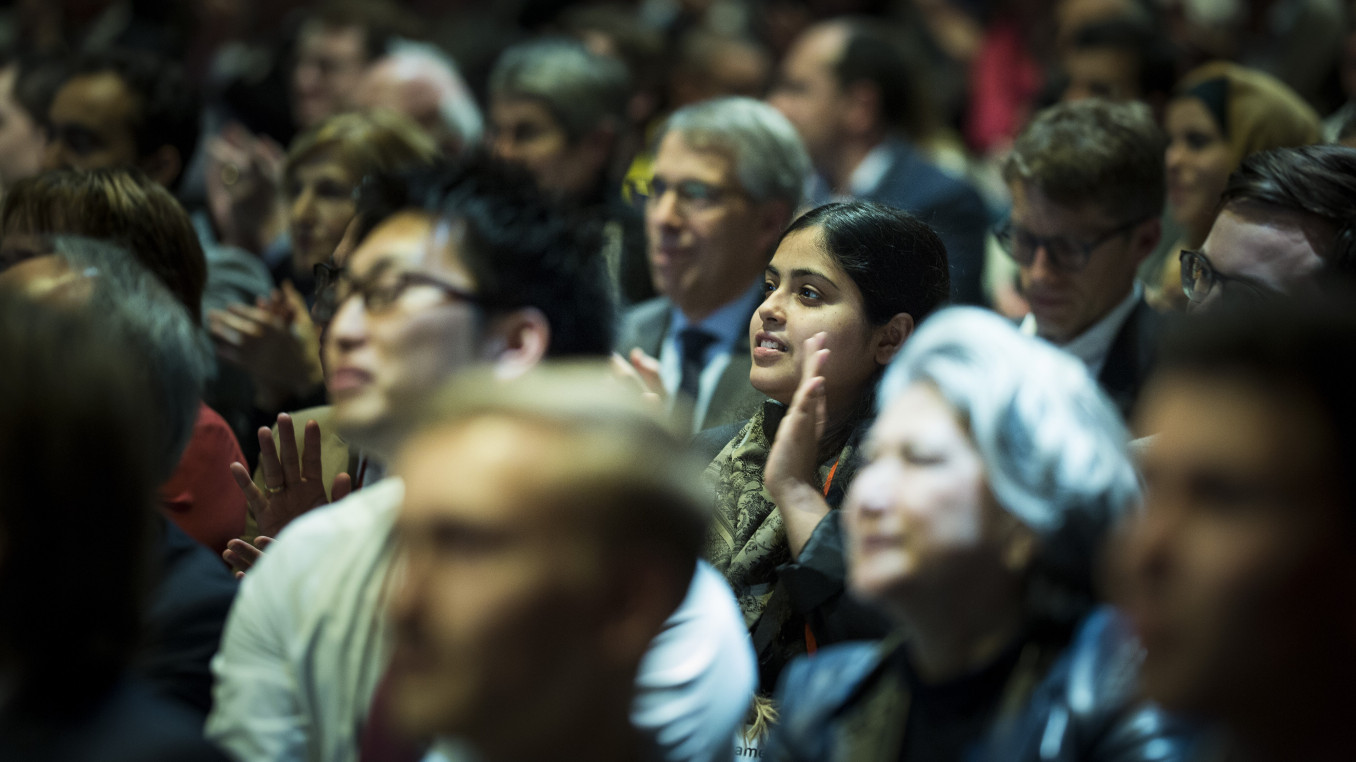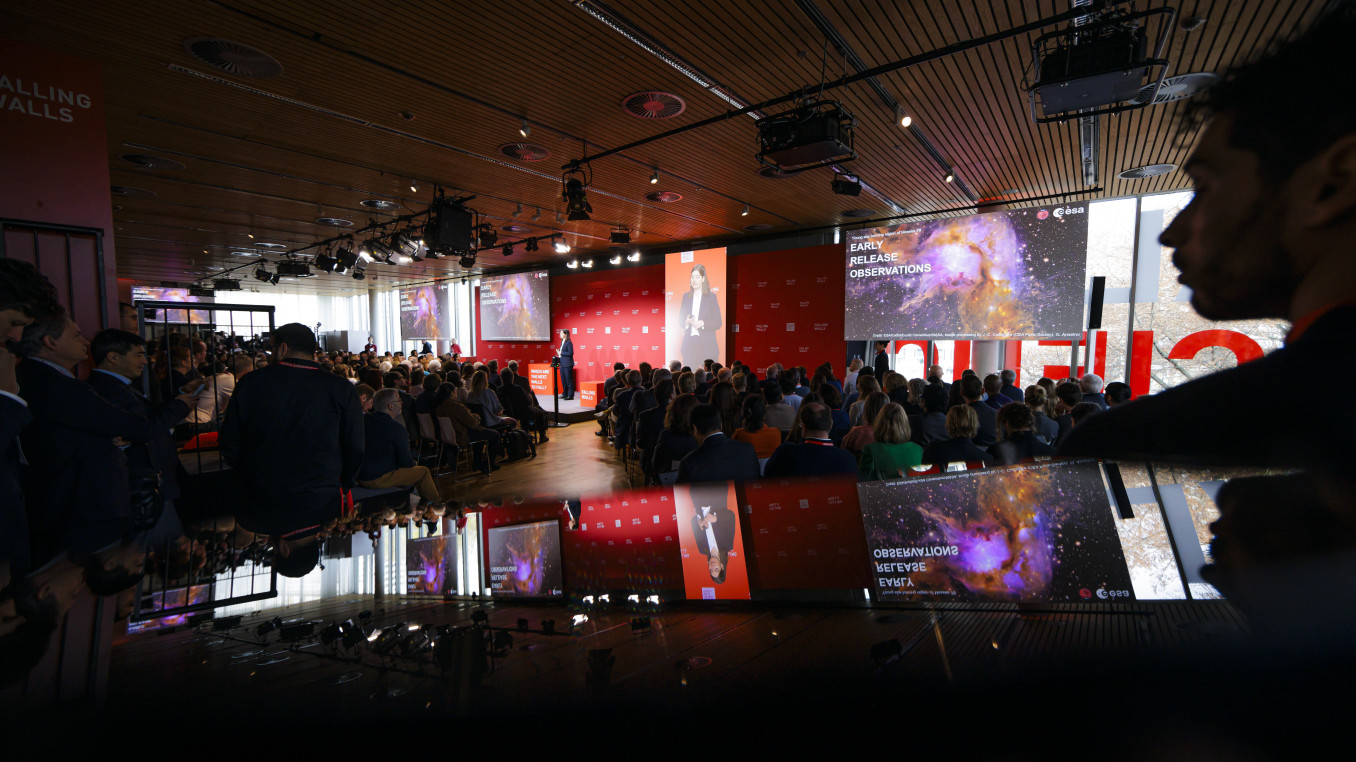Fighting for social change: Arline Geronimus’ vision for health equity
Winner Interview 2023: Social Sciences & Humanities
Dive into Arline Geronimus' groundbreaking work on weathering theory, unraveling the intricate web of population health inequity from society to cells to action. Discover how her research disrupts prevailing ideologies, offering fresh perspectives for social change. Explore the journey of challenging barriers, dissecting the impact of social identity on health, and fostering a paradigm shift towards true health equity.
Which wall does your research break?
My research breaks the wall to population health equity. Population health inequity remains entrenched across social identity groups within countries & across the globe. Attempts to achieve health equity continue to fail as they run up against ideological barriers that frame public opinion and limit our science, policy and practice. Emphasizing access to medical care and taking personal responsibility for our individual health, this limited framing continues to be seen as common sense by experts and the electorate alike. I offer an alternative model to guide how we understand health inequity. Weathering theory interprets human health as developing dynamically over the life course as the body responds to experiences & social conditions that vary systematically across groups. Structured contingencies of social identity affect the patterning of corrosive exposures & circumscribe coping options across groups. Chronic exposure to material, environmental, and biopsychosocial stressors, accelerate health vulnerability & biological aging among the oppressed. Through my research, I have crossed disciplines to track weathering from the societal and cultural down to the body systems and molecular levels. My weathering research encompasses quantitative analyses, natural experiments, community-based participatory approaches, bench science, and vivid, in-depth observation and interviews with local communities, allowing me to understand the real-world meaning of the data and to chronicle weathering through the voices of those who experience it most severely. I have also devoted effort to documenting the human stories of weathered populations. Weathering is cruel and unforgiving. Because it increases the chances of experiencing prolonged disability and of becoming widowed or orphaned, weathering enlarges the scope of caretaking needs in a community even as it simultaneously depletes the pool of caregivers and economic providers. Regarding physiological mechanisms, weathering research clarifies that chronic exposure to everyday challenges and threats borne of social injustice dysregulates neuroendocrine systems and has detrimental effects on cellular systems, including pathogenic gene expression and acceleration of the cellular aging process. Prolonged exposure to stressors weakens the cardiovascular, immune, and metabolic systems; damages vital tissues and organs; and increases obesity, the risk of early onset of diseases of aging (for example, hypertension), poor immune response to infections, autoimmune disorders, and cancers. Short of action, weathering will remain the destiny of the marginalized, but it does not have to. Understanding the processes that can wear out our bodies in our daily rounds opens up many possibilities—large and small—to restructure everyday settings, situations, policies, and lives.
What inspired or motivated you to work on your current research or project?
Population health inequities are reproduced worldwide. Maternal and infant health inequities are growing globally, including within high-income countries where most adverse outcomes are theoretically preventable. The social patterning of COVID-19 deaths reveals that social structures that activate new inequities foment population inequity automatically in response to novel pathogens and must be disrupted. The political and environmental fallouts of climate change threaten to cement population health inequities as a fixed and ultimately lethal characteristic of the human condition, linking all our fates. After decades of research, the empirical case for weathering is robust. I see weathering as the most evidence-based, plausible, and elaborated model available to understand health inequity. As I continue as a constant gardener in the field of health equity research, taking incremental theoretical and empirical steps alone no longer seems enough. I am convinced I can best contribute to breaking the wall to population health equity by bringing weathering theory and knowledge to as broad an audience as possible, to help us think about how we live our lives and how we all can work together to create a better, healthier, sustainable and just society. I am partnering with nonacademic stakeholders including community members suffering the brunt of systemic inequities, practitioners on the front line, emerging social movements, and those in positions of power. I’ve already seen that adding weathering to the conversation can reorient decision-making consequentially. During the pandemic, detained immigrant asylum-seekers in the United States faced daunting risks of acquiring and dying from COVID-19 that grew exponentially with each hour they languished in detention centers where COVID-19 spread like wildfire. Working with legal advocates, we applied weathering theory and science to make the case that given their life histories these people were biologically older than their chronological age and deserved release just as senior citizen detainees were released during the pandemic. Our arguments proved highly effective, set legal precedent, and led to the release of thousands of young adults through middle-aged asylum seekers awaiting their day in court. Moreover, our arguments affected how detained asylum seekers were perceived by powerful others. Discussions shifted from ones undergirded by resentment and mistrust, to ones informed by compassion and empathy. In this way, weathering is critical to larger global and within-country deliberations about who belongs, carries their weight, and is deserving of full benefits in a world facing economic upheaval, climate change, scarce health care resources, and extreme political polarization.
In what ways does society benefit from your research?
The intrinsic social value of eliminating population health inequity is its promise to improve the length and quality of life for members of those populations who suffer the greatest health burdens, enabling them to develop their capacities, concentrate on what gives their lives purpose, meaning, and joy, and make greater contributions in support of their families and societies. In a world where our fates are linked, disseminating weathering knowledge offers additional benefits that accrue to us all. We are at a critical juncture where no one’s health will escape the threats posed by reduced biodiversity, extreme weather events, and the impact of climate change on our food and fresh water supply. We face increasing risk of social unrest as wars are waged over shrinking resources and climate refugees seek new places to live in the face of growing nationalist sentiment, zero-sum thinking, and xenophobia in receiving countries. Spiraling health care costs threaten to bankrupt households and nations. Systemic problems call for systemic change, but structural, even revolutionary changes can happen short of regime change in the classic sense; in fact, they have to. The revolution that is required is in how we identify our gravest social problems, how we widen the frame of possible responses, and whom we see as having the authority and claim to participate in naming and addressing these problems. Bringing about fundamental policy change to promote population health equity and other forms of social justice, requires imagining ways to facilitate a movement for deep democracy that is both broadly appealing and intense. When presenting weathering to new audiences, I am told repeatedly that it brings them clarity. Members of denigrated groups tell me that it has named a phenomenon they have felt down to their bones, yet did not know was testable or quantifiable. Members of powerful and dominant groups tell me weathering knowledge leads them to appreciate that there are valid reasons for sharp dissent by minoritized groups, while opening up a universe of new approaches to achieve health equity. Through naming and explicating its dynamic social and biological mechanisms, and the ideologies that constrain change, weathering develops a new language through which dominant and marginalized groups can collaborate. This is critical for reducing elite or populist resentment of social criticisms, appeals and demands made by oppressed groups and in redefining the social problems that people and governments must cooperate to solve.
Looking ahead, what are your hopes or aspirations for the future based on your research or project?
I am hopeful that greater appreciation of the weathering process and the severe damage it does would work to render the marginalized visible and influence health professionals, policy makers, and the voting public to proceed effectively against health inequity. Many appear to assume that modern problems, including existential ones related to the sustainability of the planet, are solvable with the right mix of highly motivated experts and technological innovation. Weathering points to the critical importance of deconstructing ideologies that prop up such authoritative knowledge, discerning how they differentially affect the lived experiences of more and less powerful groups, and recognizing that centering on the margins of society is the best way to produce equity. Ultimately, my aspiration for disseminating weathering knowledge is that it would help fulfill the promise of science in a multicultural democracy, namely that the advances science makes are for all people.
